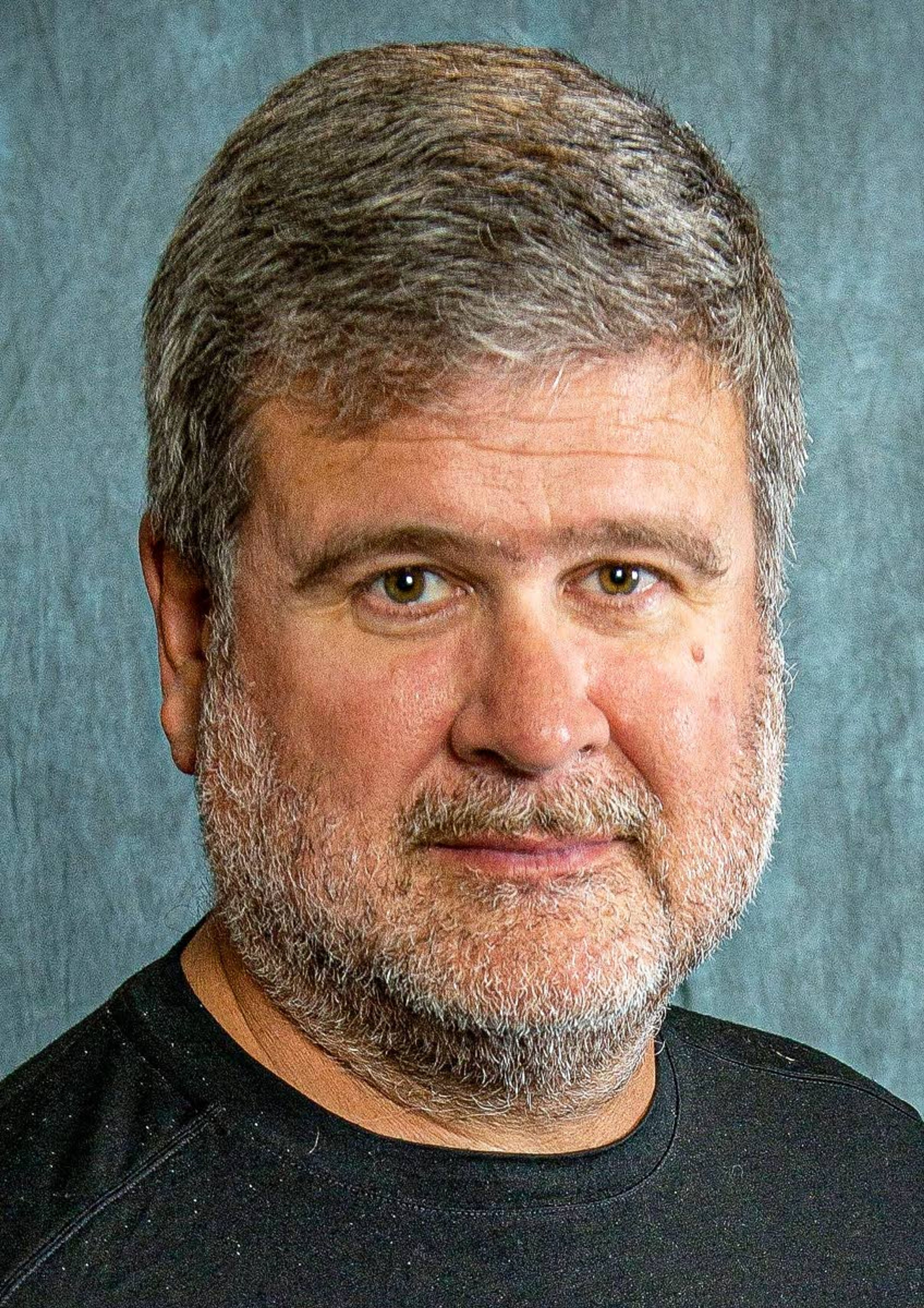I learn a lot from reading the Daily News. It’s one of the reasons I support local papers in general – you can learn a lot about the local zeitgeist of the community you’re in.
It was not really a great surprise when I learned just this week that asking someone where they were from was one of the most hostile and racist questions you could ask someone. The enlightenment hit me like a ton of bricks. No wonder I’ve made friends all over the world. Because the people that I’ve encountered were racists, just like me.
One of my favorite racist incidents happened on the top of the Baja Cordillera at a narcotics interdiction spot. We were waved over by a group of Mexican Army soldiers, doing hard duty in a hot, dry and inhospitable part of the world. “De dondes eres? (Where are you from?)” the sergeant in charge asked me. We were hauling about eight sea kayaks, and the usual kit for spending a couple of weeks kayaking down the coast of the Sea of Cortez. I said “Estados Unidos” as he set his team to inspect our gear for drugs. For those that know sea kayaking, let’s put it this way — those boats have lots of little watertight compartments.
But I fought racism with racism. I asked him “de donde eres?” He was only about 4½ feet tall. But he had five dudes with machine guns. He looked up at me, knowing that he had encountered a fellow racist. “Oaxaca,” he said. “Ah Oaxaca,” I echoed, “the women, the flowers, so green and beautiful.” He made what were obviously some more racist comments back at me about his homeland, asking about our land of ice and snow. I reached into a bag and pulled out a bottle of tequila. “Bebe tequila?” I asked? Obviously, only a racist would play that old trope. We drank a shot, he smiled, and called his men down off the van. “These are good people,” he said. And before I knew it, we were off.
Or that racist old lady we met in Costa Rica. My wife and I were traveling through the country, when a raccoon got into our tent and ripped the mosquito netting. We wandered through a small town, looking for anyone to help us. In a small shop off the main drag, there was a seamstress. We walked in. “De donde eres?” once again. Now I know. She was a racist. I told her we were from Washington, and asked her if she had lived in this little town most of her life. She said “Si,” and then as she sewed up the hole in our tent and saved us from innumerable mosquito bites, I told her stories about Washington and our adventures. I offered to pay her for the repair. She said “no. Your new wife is beautiful. I wish you good luck.” Victimized by another racist. And an anti-feminist.
Across China I met lots of racists. In Egypt, racists took me into their home to read and play with their children. In the U.S. as well, those dadgummed racists have given me propane and matches when mine ran out in a campground, as well as a beer or two along the way. Lots of racists locally you can meet. You tell them you’re from the same town, and they offer to help. I ask students this question, and they respond with stories, and I have my own.
I know, I know, all this kindness that has flowed into my life from taking a chance and trying to connect with people I didn’t know, through that simple racist question had to be bad. And yep, there are, of course, situations where that racist question might actually offend. But life is full of taking chances, and I’m so glad that I took the risk of human connection without someone’s nagging script. Context is everything. And I can make those decisions myself. My life would be so much poorer without all those racists I’ve encountered.
Pezeshki is a professor in mechanical and materials engineering at Washington State University.








